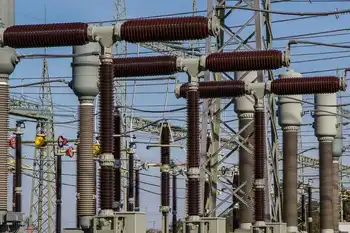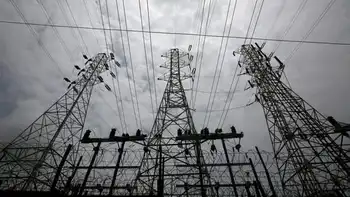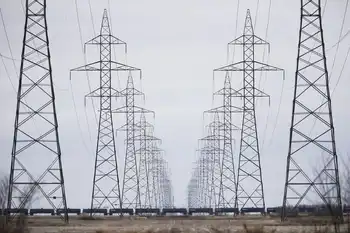Court limits Toronto HydroÂ’s power to hike price
TORONTO, ONTARIO - Ontario's highest court has set limits on the ability of Toronto Hydro to increase electricity prices so it can hand over fat payments to the cash-hungry City of Toronto.
The ruling comes as pressures are mounting for sharp increases in electricity prices.
At the same time, candidates in this fall's city elections have been debating how to use Toronto Hydro's assets to the city's advantage.
The ruling by Ontario Court of Appeal reinstates an order by the Ontario Energy Board, which had taken issue with the size of dividend and interest payments that Toronto Hydro was making to the City of Toronto, its sole shareholder.
Toronto Hydro's board of directors is made up of a combination of city councilors, and citizens appointed by council.
The energy board's decision goes back to 2005-2006, when Toronto Hydro asked the board to approve a rate increase. Part of the increase was to fund higher dividends payments to the city.
The energy board noted that hydro was also making loan payments to the city at above-market rates.
The loan of nearly $1 billion dated back to the way the city structured its ownership of Toronto Hydro when the province handed the city direct ownership of the utility in 1998. Hydro has since raised money on public markets through a bond issue, and paid off the city.
During the year in question, the board noted, the city was pocketing $116 million in dividend and interest payments from hydro, and had declared hydro to be a "revenue source" for the city's 2006 budget.
Meanwhile, Toronto Hydro's wires and equipment were aging, and needed renewal.
The board said hydro couldn't use the above-market-rate loan to justify charging higher rates.
Furthermore, it said higher dividends should be approved not just by a majority of hydro's board of directors, but also by a majority of its independent directors – those who don't sit on city council.
In imposing the stricter standard, the board said that if hydro paid out too much money to the city, the utility's credit rating could be damaged. That in turn would drive up the utility's financing costs, and potentially harm service to customers.
Toronto Hydro appealed the decision to Divisional Court, which ruled that the energy board had exceeded its jurisdiction and placed an "unlawful restriction" on the authority of hydro's directors to pay dividends.
But a three-judge panel of Court of Appeal sided with the energy board.
The appeal court said that a regulated utility like Toronto Hydro has to act in the interests of its customers as well as its shareholder. Part of the energy board's job is to make sure that customer's interests are protected.
The court noted that the energy board was worried that there had been a "dramatic increase" in dividend payouts to the city, "even though increased capital spending was going to be needed to maintain system reliability."
It ruled that the energy board's decision was reasonable, and restored its decision.
Toronto Hydro officials said they are studying the court of appeal ruling.
Related News

Residential electricity use -- and bills -- on the rise thanks to more working from home
NEW YORK - Don't be surprised if your electric bills are looking higher than usual, with a sizable increase in the amount of power that you have used.
Summer traditionally is a peak period for electricity usage because of folks' need to run fans and air-conditioners to cool their homes or run that pool pump. But the arrival of the coronavirus and people working from home is adding to amount of power people are using.
Under normal conditions, those who work in their employer's offices might not be cooling their homes as much during the middle of the day or using as…




